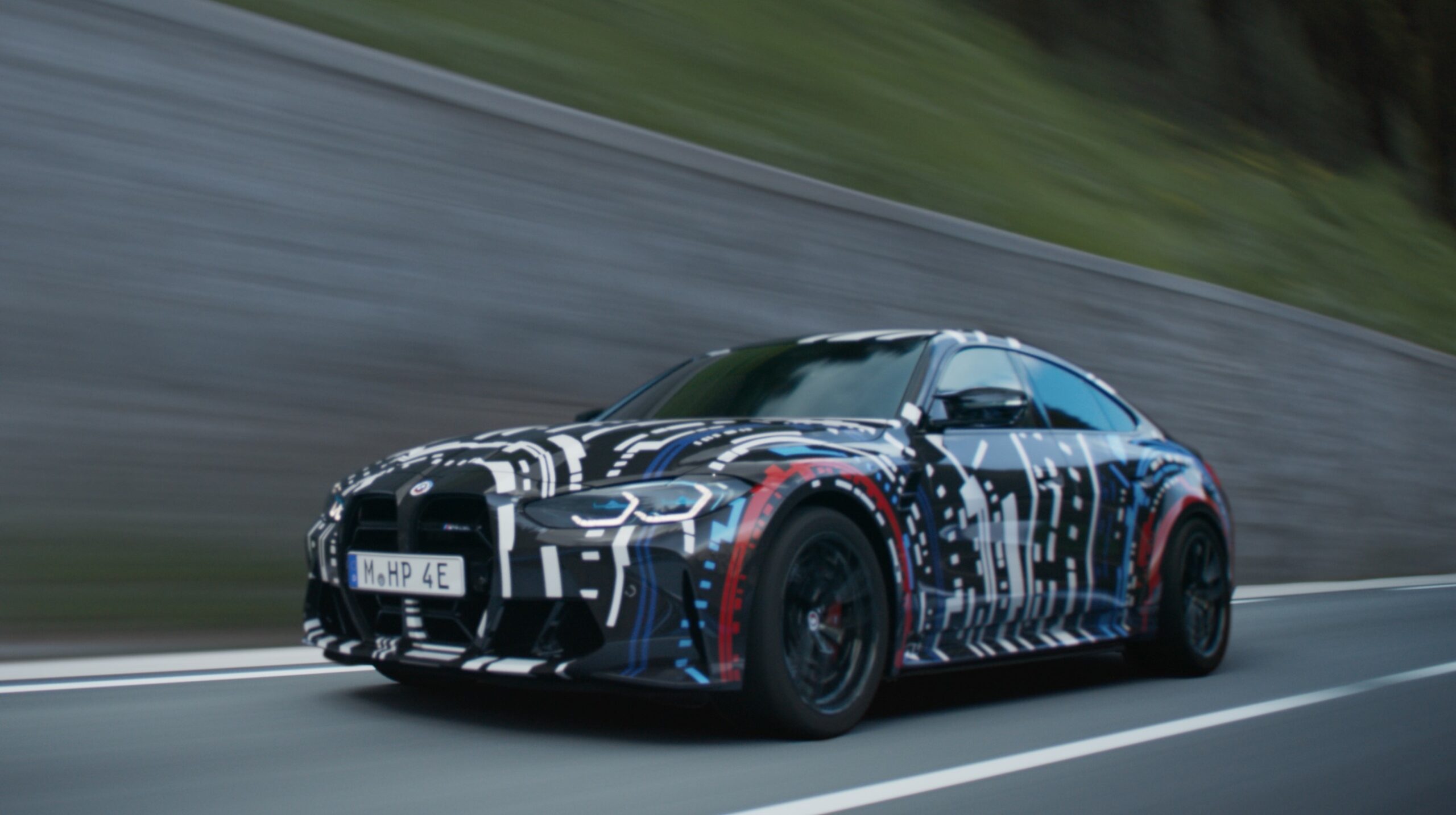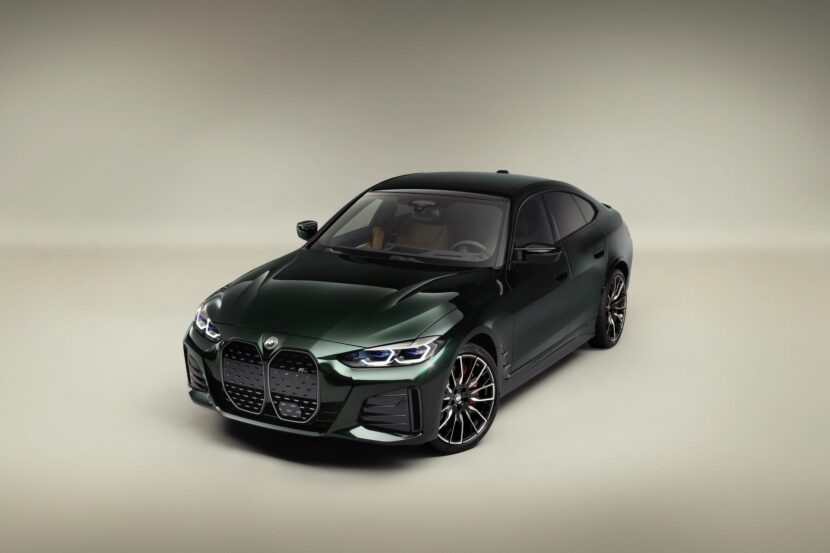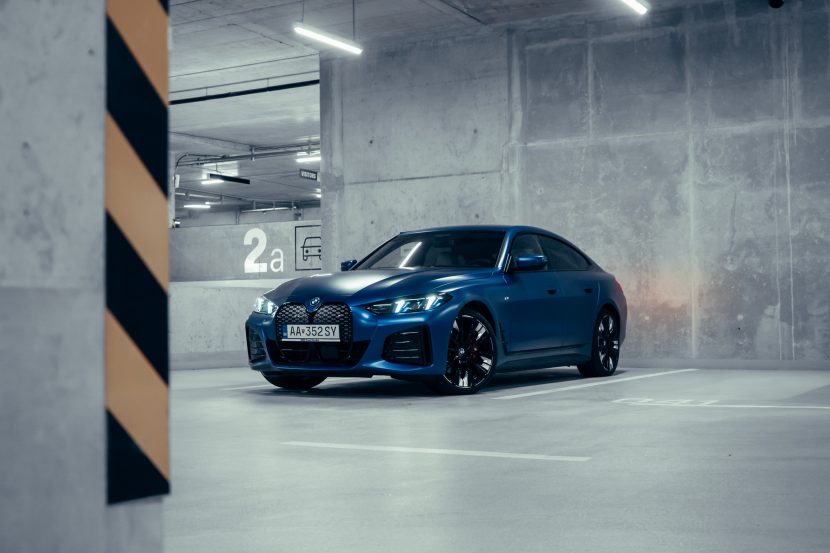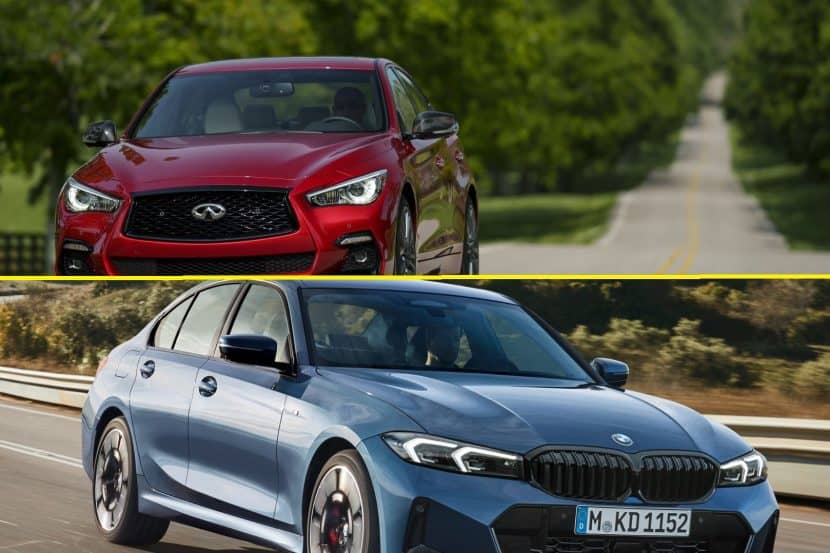It’s only a matter of time before the M Division launches a proper electric performance car. At the moment, BMW M only has one electrified car and it’s a plug-in hybrid, not a full-on battery electric vehicle (BEV)—the BMW XM. It’s also going to be adding another one soon, with the next-gen BMW M5, which will also be a hybrid. However, the first-ever BMW M BEV could come as soon as 2027, according to BMW M development boss Dirk Hacker.
While speaking with Auto Express, Hacker said that the first electric M car will be built on the Neue Klasse architecture. That Neue Klasse architecture, which will be an EV-specific platform that underpins most new BMWs, will debut in 2025. If you go by BMW M’s usual cycle of launching a car about a year or two after the standard version launches, that means we can expect the first electric M car by 2027.
There’s no official word on what sort of car the first EV M car will be but it’s going to either be an electric M3 or iX3 M. The timeline works for both cars, as both the 3 Series and iX3 will be launching on the Neue Klasse architecture in 2025/2026 (regular X3 will be built on CLAR, while electric iX3 will be built on Neue Klasse). So with those two cars launching at similar times, a 2027 release for a proper M version of either makes sense. Perhaps BMW launches both that year, but it’s unclear which is first.
Regardless of which model it is, it’s likely going to have a quad-motor setup, as BMW has been testing such a setup for years. A few years back, BMW showed off a G30 5 Series with a quad-motor setup and we’ve recently see a modified BMW i4 M50 test mule with quad motors as well. So BMW is clearly testing out a very powerful electric powertrain. Hacker even confirmed as much to Auto Express: “We have also launched some ideas for that with four electric motors and a lot of functions.”
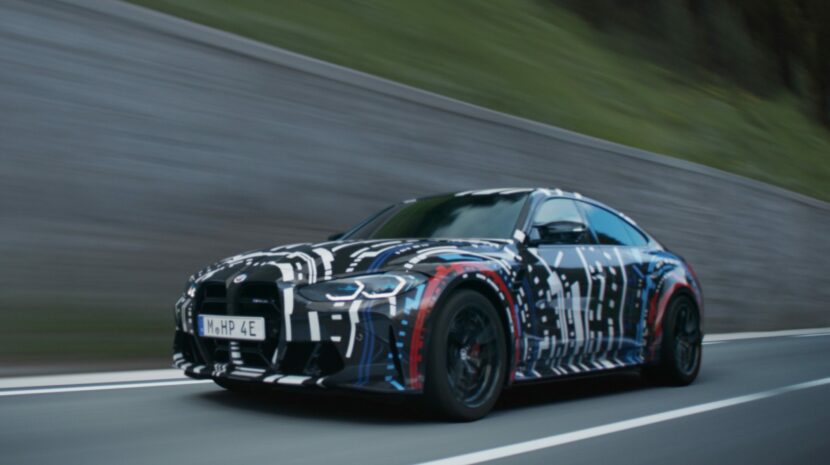
Hacker understands, though, that an M car isn’t supposed to just be about straight-line speed. It needs to be about fun more than anything else. “That is the biggest step because nowadays there’s longitudinal acceleration that says the car is like a catapult—it works but it’s not the difference. The difference is how the car handles, how it turns,” he said.
He also mentioned potentially adding some technology that might make the powertrain feel more visceral, such as adding both noise and vibration. “We are working on ideas for that, but not only with sound but also with vibration in the car to feel a powerful powertrain. To feel like, I will not say a real vibration, but to feel like with a combustion engine, not that the power is dead,” said Hacker.
However, I don’t feel like that’s a worthwhile venture for any brand. Rather than faking powertrain noise and vibration, simply perfect its steering and ride/handling balance. Don’t waste an ounce of development money into performative theater. Spend the time instead making it ride and handle beautifully, deliver actual steering feedback, and turn it into a proper driver’s car. If it can do all of that, M fans will be happy with it, even if they can’t hear or feel the powertrain. The rest of Hacker’s philosophies sound good, though, so we’re optimistic about the electric future of BMW M.
[Source: Auto Express]


